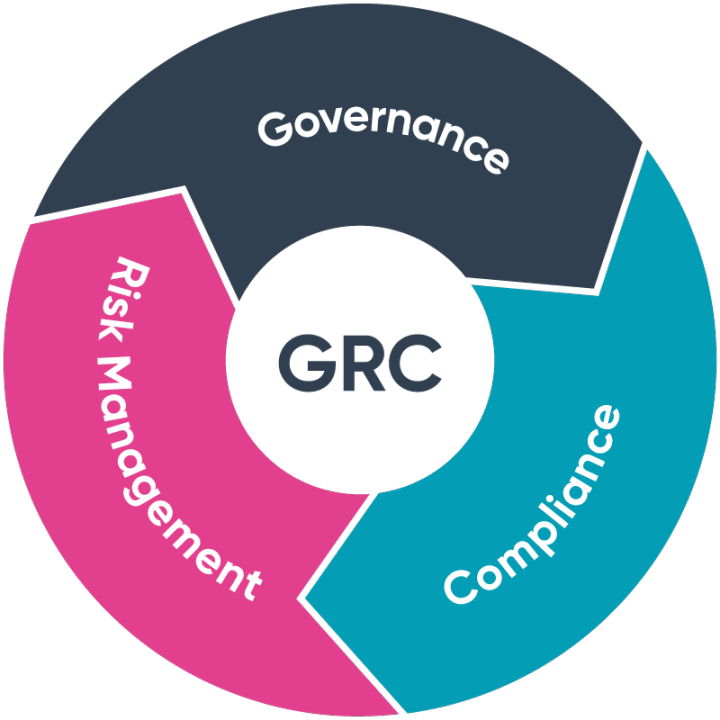
Why is HIPAA Compliance Important?
Introduction
The Health Insurance Portability and Accountability Act (HIPAA) was established in 1996 to protect the privacy and security of individuals’ health information. HIPAA compliance is crucial for healthcare organizations and their business associates to ensure the confidentiality, integrity, and availability of sensitive patient data. In this article, we delve into the significance of HIPAA compliance and explore its impact on healthcare providers, patients, and the healthcare industry as a whole.
Safeguarding Patient Privacy
One of the primary objectives of HIPAA is to safeguard patient privacy by setting standards for the protection of individually identifiable health information. HIPAA regulations require healthcare providers to obtain patients’ consent before using, disclosing, or sharing any protected health information (PHI). Compliance ensures that patients have control over their health information, enabling them to make informed decisions regarding its use and disclosure.
Mitigating Data Breach Risks
The rise in cybersecurity threats and data breaches has made it imperative for healthcare organizations to prioritize data security. HIPAA compliance addresses these risks by mandating strict security measures, such as implementing encryption, access controls, and regular risk assessments. By complying with HIPAA regulations, healthcare providers reduce the likelihood of data breaches and the potential harm that may result from unauthorized access to sensitive patient data.
Improving Healthcare Operations and Efficiency
HIPAA compliance involves ensuring the accuracy, integrity, and availability of health information. This not only contributes to high-quality patient care and outcomes but also promotes efficient healthcare operations. Compliance encourages healthcare organizations to adopt electronic health records (EHR) and secure technologies, streamlining documentation, storage, transmission, and retrieval of patient data. Digitization promotes interoperability, allowing seamless sharing of patient information while minimizing errors and redundancy.
Fostering Patient Trust and Confidence
Patients want assurance that their health information is handled with the utmost care and privacy. HIPAA compliance plays a critical role in fostering patient trust and confidence as it demonstrates an organization’s commitment to protecting patient privacy rights. By adhering to HIPAA regulations, healthcare providers assure patients that their PHI is safeguarded against unauthorized access, accidental disclosure, and misuse. This instills confidence in patients, encouraging them to seek necessary medical care without fear of compromising their privacy.
Avoiding Legal and Financial Liabilities
Failure to comply with HIPAA regulations can result in severe legal and financial consequences for healthcare organizations. Non-compliance may lead to fines, penalties, negative publicity, and potential lawsuits. The Office for Civil Rights (OCR), the entity responsible for enforcing HIPAA compliance, has imposed significant penalties on organizations that neglect to protect patient health information. Adherence to HIPAA regulations helps mitigate legal and financial liabilities that can significantly impact the financial stability and reputation of healthcare organizations.
Promoting Interoperability and Collaboration
HIPAA compliance promotes interoperability and collaboration among healthcare organizations. By establishing standard protocols for the exchange of health information, compliance allows for seamless communication between healthcare providers, benefiting patient care coordination and continuity. Better interoperability ensures that health information can be securely shared across different healthcare entities, allowing for timely and informed decision-making regarding patient treatment plans, referrals, and overall care management.
Conclusion
HIPAA compliance is crucial for healthcare organizations to protect patient privacy, mitigate data breach risks, improve healthcare operations, foster patient trust, and avoid legal and financial liabilities. By adhering to the regulations outlined in HIPAA, healthcare providers ensure the security and confidentiality of patient health information while promoting interoperability and collaboration. Emphasizing HIPAA compliance not only safeguards patients’ sensitive data but also enhances the quality and efficiency of healthcare delivery, further solidifying patient trust and confidence in the healthcare system.
Contact Cyber Defense Advisors to learn more about our GDPR Compliance solutions.




